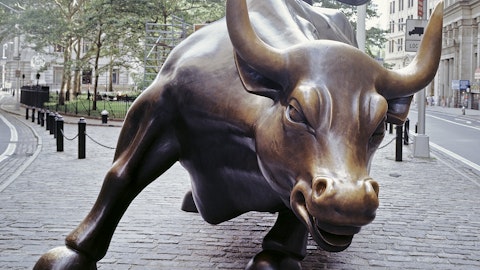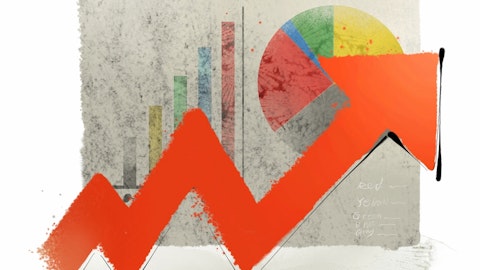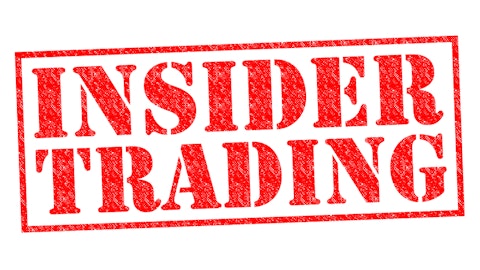While most investors and analysts tend to ignore insider selling completely, insider buying is believed to be extremely informative and crucially important, and rightly so. After all, one can make a laundry list of reasons why corporate insiders may sell shares of their companies, but, presumably, there is only one reason to buy – to make money.
More importantly, past research reveals much more correlation between stock performance and insider buying, as opposed to insider selling. Retail investors closely monitoring insider trading activity should keep in mind that insiders are long-term-oriented investors, so one should not anticipate insider purchases to outperform instantly. However, Insider Monkey does not recommend investors blindly mimic each insider purchase just because research shows insiders’ purchases outperform benchmarks on aggregate. At the end of the day, investors should be able to tell if a company’s stock is undervalued or not on their own, if they want to manage their own money successfully. This essentially means investors need to incorporate insider trading metrics as part of their broader security analysis and selection process. That said, this insider trading article will discuss some noteworthy insider buying reported with the SEC on Thursday.
Academic research has shown that certain insider purchases historically outperformed the market by an average of seven percentage points per year. This effect is more pronounced in small-cap stocks. Another exception is the small-cap stock picks of hedge funds. Our research has shown that imitating the 15 most popular small-cap stocks among hedge funds outperformed the market by nearly a percentage point per month between 1999 and 2012 (read more details here).

Chad McDermott / Shutterstock.com
Struggling Provider of Tax Preparation Services Sees Board Member Boost Stake Consistently
Liberty Tax Inc. (NASDAQ:TAX) has seen a Board member buy shares consistently since late June, with the size of the last purchase exceeding all his purchases of Liberty Tax shares ever. Director Robert M. Howard bought 18,531 Class A shares on Wednesday at prices ranging from $13.00 to $13.15 per share and 1,669 Class A shares on Thursday for $13.25 each. After these relatively sizable purchases, Mr. Howard currently owns 50,000 Class A shares.
The provider of tax preparation services in the United States and Canada has seen the value of its stock plummet by 44% since the beginning of 2016. Liberty Tax Inc. (NASDAQ:TAX)’s total number of customers served in both company-owned and franchise offices during fiscal 2016 that ended April 30 declined by 3.8% year-over-year to 2.16 million. Meanwhile, the company’s systemwide revenue in the U.S. increased by 1.1% year-on-year, mainly due to a 5.1% increase in average net fee per return filed in the nation. Nonetheless, the number of tax returns filed in the U.S. processed fell by 3.9% to 1.83 million.
Liberty Tax shares are currently changing hands at around 7.2-times expected earnings, meaningfully below the forward PE multiple of 16.5 for the S&P 500 Index. Moreover, the company pays out a quarterly dividend of $0.16 per share, which equates to an impressive annual dividend yield of 4.83%. There were a mere four hedge funds monitored by our team invested in Liberty Tax at the end of the March quarter, which amassed 15% of the company’s outstanding common stock. Royce & Associates, founded by Chuck Royce, was the owner of 700,128 shares of Liberty Tax Inc. (NASDAQ:TAX) at the end of March.
Follow Franchise Group Inc. (NASDAQ:FRG FRGAP)
Follow Franchise Group Inc. (NASDAQ:FRG FRGAP)
Receive real-time insider trading and news alerts
The second page of this article will discuss some fresh insider buying registered at two other companies.





